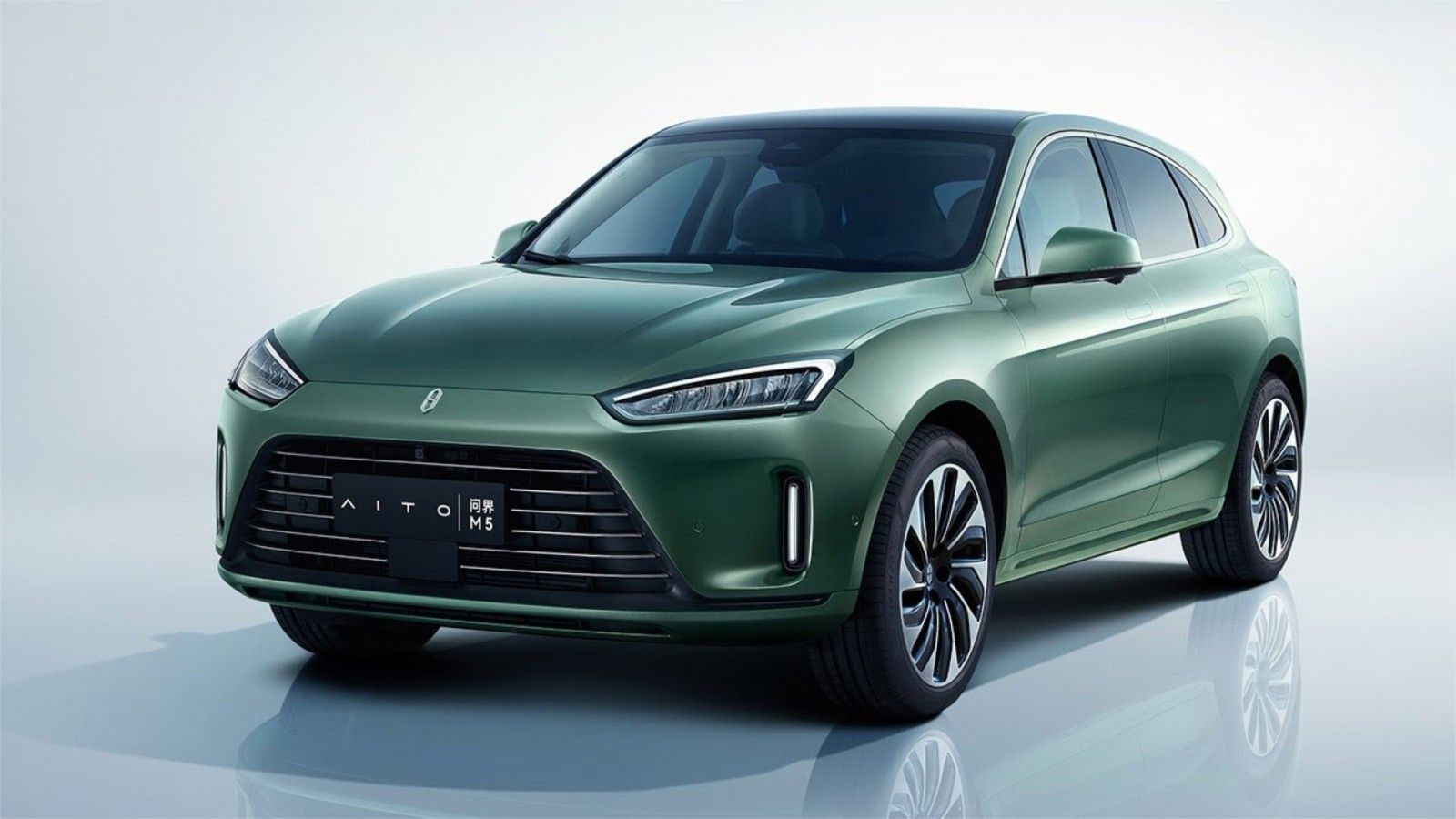Electric Vehicles (EVs) are all around us, and they have become popular in recent years thanks to appealing government incentives and low-maintenance requirements. Have you ever wondered why more technology giants are stepping foot in the auto industry? Seemingly, most existing technology giants want a slice of the EV market. Big companies like Google, Sony, Apple, HUAWEI, and even Xiaomi invest a lot of money to take on Tesla and other existing manufacturers.
Yesterday, Sina Tech (via ArenaEV) reported that Xiaomi would unveil an engineering prototype of its first EV in August. The company is in full swing to test and produce its first car and has reportedly already hired a PR director. The marketing campaign is expected to begin after the prototype is unveiled.
Sadly, we don’t have any renders or photos of the upcoming vehicle, but we know that Xiaomi is planning on producing 150,000 vehicles initially by 2024. The company also has more than 1,000 employees in the R&D team, and Xiaomi reportedly plans to launch four different models across A+ and B segments.
The A+ model is expected to cost between RMB 150,000 and 200,000 ($22,200-$29,600), and it’ll come with Level 2 autonomous driving. The B segment vehicles will cost between RMB 200,000 and RMB 300,000 ($29,600-$44,400) and support Level 3 autonomous driving. These vehicles are unlikely to make it to North America anytime soon, but we look forward to learning more about them.
Why are tech companies getting into cars?
EVs are the future
HUAWEI AITO M5
Source: HUAWEI
Whether you like it or not, electric vehicles are the future and are here to stay. Most developed countries agreed to ban sales of new petrol and diesel cars from 2035, and the time is quickly approaching for the next generation that is more environmentally friendly.
While we’re still more than a decade away from the ban, many are worried that we might not be ready to switch over just yet, since the infrastructure, renewable energy, and charging stations aren’t in place, but that’ll likely improve over the coming years as there’ll be more emphasis on new projects for making EVs more viable and consumer friendly.
Tech giants can often more easily get government grants and have the funding power necessary to invest billions into technology that could yield them high return rates in the coming years. That’s why most companies are investing in developing autonomous driving, since the hardware and the software could be licensed to other companies, earning them massive profits in the next few decades.
New EVs are supercomputers on wheels
Electric vehicles are closer to technology than ever before and are very powerful due to the constant AI computing that goes on under the hood. Many new modern EVs have more cameras and sensors than you can count, all of which contribute to the mass network that these companies are working on building out. The more data that is collected, the safer these vehicles will be in the near future. Tech companies have all of the research and development facilities in place to develop better solutions than their competitors, making it easier to advance on existing technology. If you look at Tesla’s autonomous driving in 2019, you’ll see that it was impressive, but it’s gotten a lot better in the past three years.
No need to raise funds
Another reason tech companies are joining the automotive industry is that they don’t require funding. Most of these companies already have billions in their pockets, ready to reinvest in new ventures that will hopefully generate even more money in the long run. Startups often fail, as they either run out of money, or are unsuccessful with their funding rounds, or both.
However, tech companies also often invest in startups, as it’s usually less risky for them than starting their own business. It’s easier to acquire a startup that has been investing heavily in EVs, than to create one from scratch. Big companies like Sony and Honda are also working together to produce and develop cars together, and they’ve already announced the Vision S-01 and Vision-S 02 vehicles back at CES 2020 and CES 2022.



